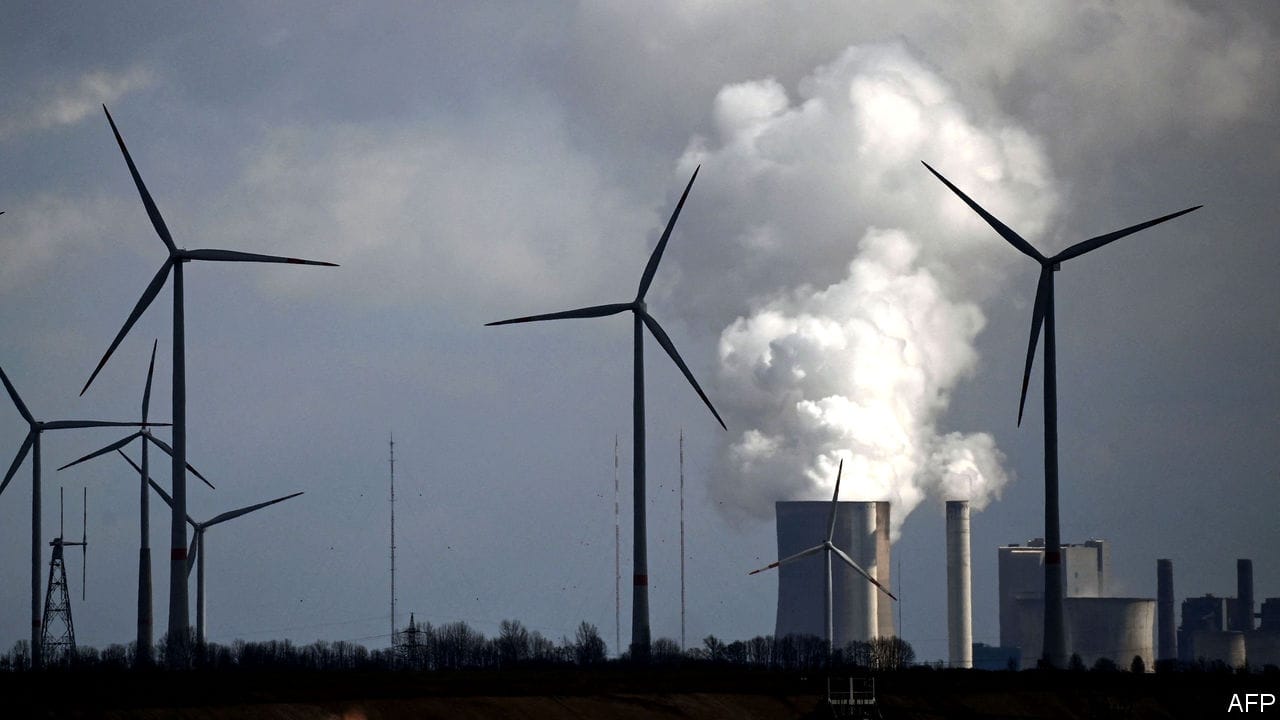- by
- 01 30, 2025
-

-
-
Loading

Loading


THE “EIGHTEU arseholes in Karlsruhe”, otherwise known as Germany’s Federal Constitutional Court, have been perennial irritants for politicians, as this outburst from an irate minister in the 1970s suggests. Yet on April 29th, when the court’s first senate declared Germany’s climate-change law partly unconstitutional, ministers in the ruling coalition fell over themselves to hail the judges’ wisdom in rejecting an act they had passed less than 18 months earlier. The judgment was “epoch-making”, said Peter Altmaier, the Christian Democrat economy minister. “This is a very special day,” added Olaf Scholz, the Social Democrat finance minister. The pair then bickered over which of them was to blame for the terrible law in the first place.Passed after bruising intra-coalition negotiations in 2019, Germany’s first climate law decreed that by 2030 carbon emissions must be cut by 55% from the level of 1990, and laid out annual quotas for different sources of emissions. It also stated that Germany, like the rest of the , would aim to emit no net greenhouse gases by 2050. (The previous target for 2020 of a 40% cut was narrowly met, thanks to the pandemic.) The law was hopelessly unambitious, howled critics. “Politics is what is possible,” shrugged Angela Merkel, the chancellor. But now the constitutional court has redefined the limits of the possible. The judges said the law risked forcing future generations to “engage in radical abstinence” by leaving too much of the burden to the years after 2030.